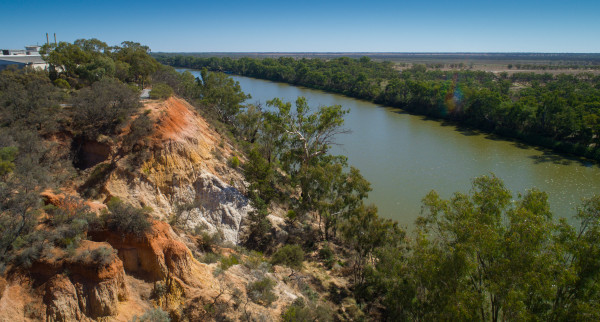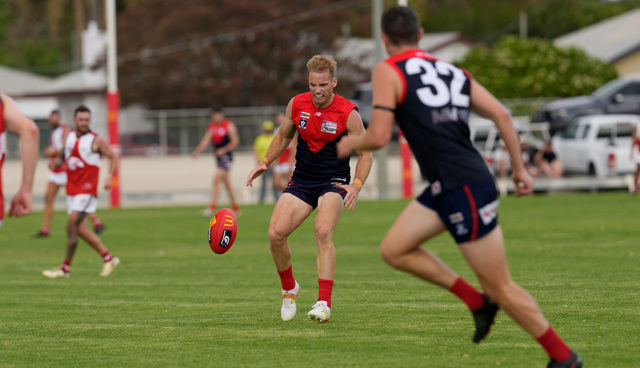WATER campaigners have called on the NSW Parliament to oppose the Coalition Government’s bid to allow massive floodplain harvesting of overland flows, which they say will jeopardise the survival of the struggling Murray-Darling Basin.
The move comes just days after a Productivity Commission report found that flows into the Murray River over the past 20 years had been about half the level of the preceding century.
The report said that while upstream interception from farm dams and plantations was one cause of lower water availability in recent decades, much of the change was attributed to drier conditions.
These trends were affecting how much water was available to meet both consumptive and environmental needs, according to the report.
“Severe droughts and extreme water shortages fit with the signs of a changing climate — higher temperatures, more extreme events, changing rainfall patterns and reduced water availability,” the report said.
“Long-term reductions in average rainfall have led to declining stream flows across many parts of southern Australia.
“And records of River Murray inflows stretching back 125 years show median annual inflows over the past 20 years have been about half the level of the preceding century, with drier years much more frequent.”
The report said the trends indicated both the increasing uncertainty facing water managers and the growing need for managers to be adaptive in how they managed water resources.
Water for Rivers spokesperson Tracey Carpenter said any bid to license the current excesses in the capture of floodwater in massive private dams would threaten the survival of rivers.
Ms Carpenter said existing water allocations already removed too much water from rivers.
“Taking still more by stopping floodwater from getting into the rivers will be a disaster for rivers and wetlands and make the whole system collapse,” she said.
Floodplain harvesting captures floodwaters flowing across the flat plains of north-west NSW and Queensland using levees and other irrigation channels.
The water is then diverted into on-farm storages and used primarily to irrigate cotton or held by speculators trading for profits as rivers decline and droughts accelerate.
Ms Carpenter said the government’s floodplain harvesting legislation would further jeopardise the future of the basin.
“Floodplain harvesting and extractions must be reduced to fair and sustainable volumes and what the basin can sustain,” Ms Carpenter said.
“The river is in a really bad state — it’s not sustaining life like it has and there is a great concern about what its future might look like.”







